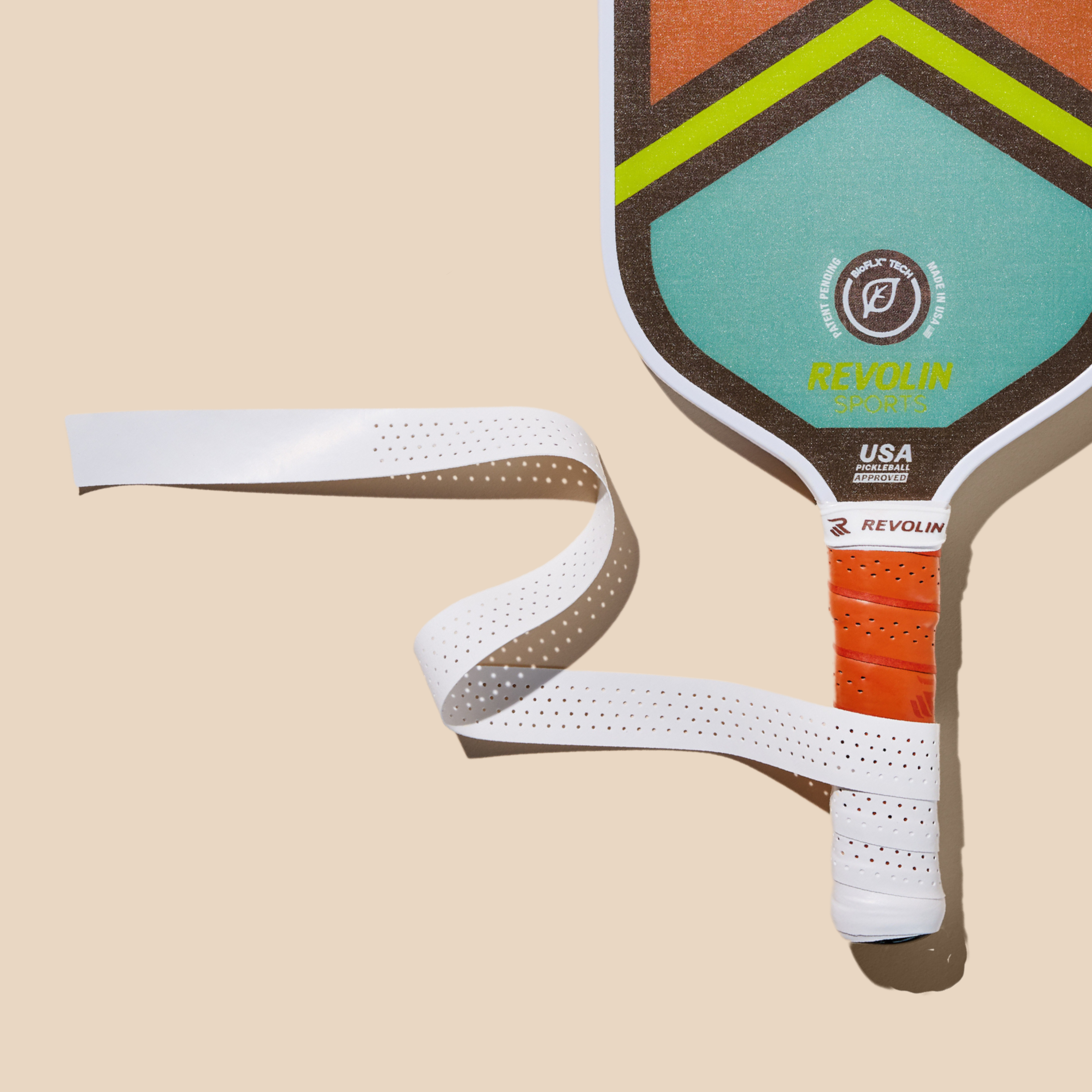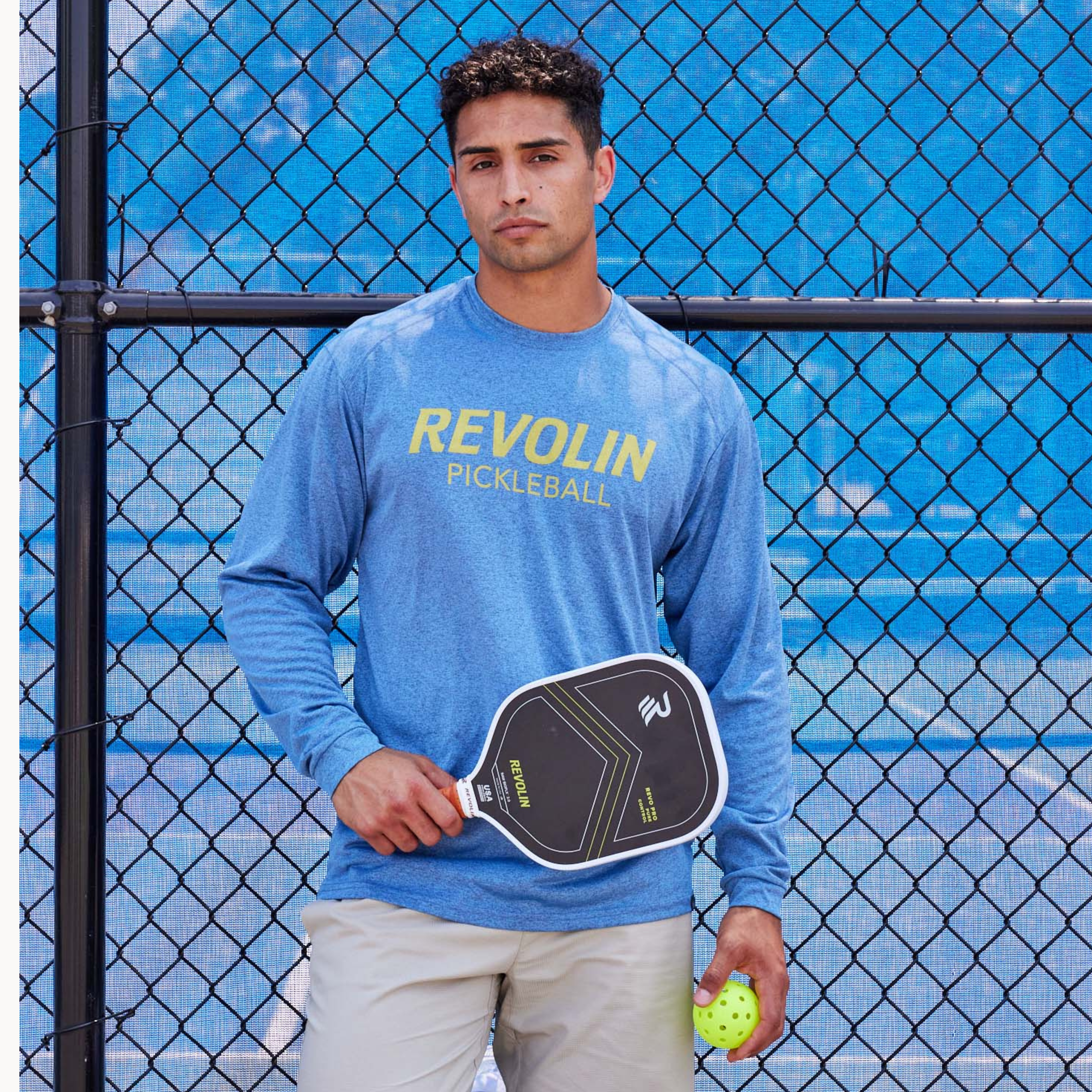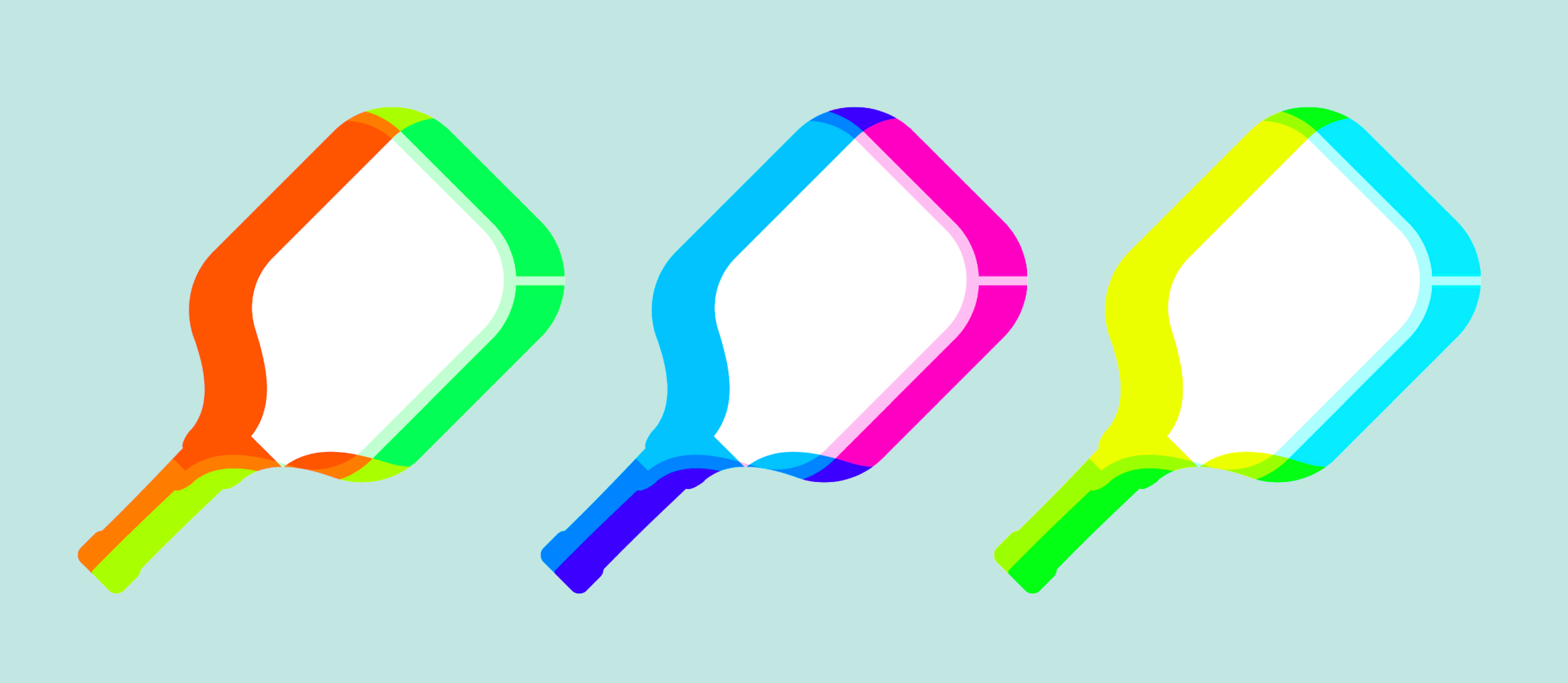Weight is one of the most important specs to consider when shopping for a pickleball paddle. The heaviness of your paddle influences how hard the ball can be hit, paddle speed through the air, control and placement, and fatigue of the shoulder, elbow and wrist.
Most paddles range from 7.0oz, the weight of 1 cup granulated sugar or an adult hamster, to 13oz, the weight of two hamsters or a little less than an American football. Within this spectrum, paddle weights are usually broken into three categories: lightweight, midweight, and heavy. Each weight has its pros and cons, and making a big change in weight can impact your play.
Ultimately, you want to find whatever weight feels most comfortable for you. Sooo how do you do that? Well, it all depends on your play style, strength, and experience. Let’s break it down by paddle weight!
Lightweight Paddles
Lightweight: Lightweight pickleball paddles weigh between 7.0oz and 7.8oz. They’re a great choice if you’re strong and prioritize speed and control in your game or if you get fatigued by a heavier paddle. Table tennis players also tend to go for a lightweight paddle to compliment their quick, flick-tastic play style. This is a good starting point for wristy racquetball players too.
Advantages
- Good for doubles
- Give players quick hands and speed at the net
- Excellent for placement and control
- Easier to hold
- Minimizes fatigue
- Can easily make heavier with lead tape
Disadvantages
- Generates less power - more effort is needed for powerful drives
- More vibration and stress when hitting shots, can aggravate tennis elbow
- Not ideal in windy conditions
- When returning power shots, lighter paddles may rattle, causing a less stable return
Midweight Paddles
Midweight: Midweight paddles weigh between 7.8 - 8.3oz on average. If you're not sure what paddle to get, this is probably your best bet. This middle weight range gives players a good balance of control and power. More mass = more power (but not an overwhelming amount at this weight range). Tennis players tend to love a midweight paddle to add some oomph behind their great drives and passing shots.
Advantages
- Allows for a balanced play style (power and control)
- Increased capability of placing shots
- Ideal for single matches and outdoor play
- Good for blocking since there is more mass
- Best option for tennis elbow
Disadvantages
- Typically doesn’t allow specialized play style or technique
Heavy Paddles
Heavy: Heavy paddles weigh above 8.3oz. This paddle weight is wonderful at generating power, making it a favorite for singles players or any player that relies more on hard passing shots and drives than dinks.
Advantages
- Allows for hard-hitting shots, requiring less effort
- Excellent in windy conditions
- Very stable when returning hard shots
- Great for strong people
- Good for singles
Disadvantages
- Decrease in control
- May cause fatigue in the wrist, arm, and shoulder
- May decrease hand speed at the net
- Less useful in doubles matches, especially at the non-volley zone
The best paddle weight is the one that fits your game. If you’re still not sure what weight is best for you after reading this guide, we’d be happy to help! Just email our certified coach at info@revolinsports.com.





6 comments
The Pickleball Paddles
I found this article very informative about “Pickleball Paddle Weight Guide”. Looking forward for more informative articles like this related to The Pickleball Paddles
Leave a comment
This site is protected by hCaptcha and the hCaptcha Privacy Policy and Terms of Service apply.